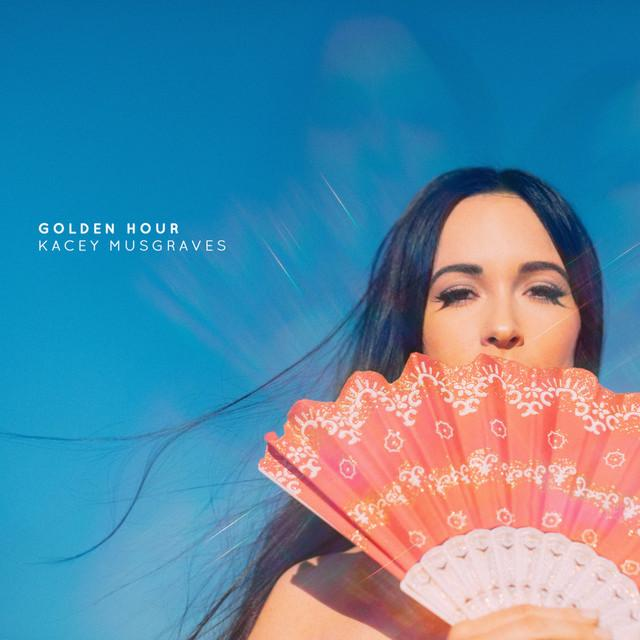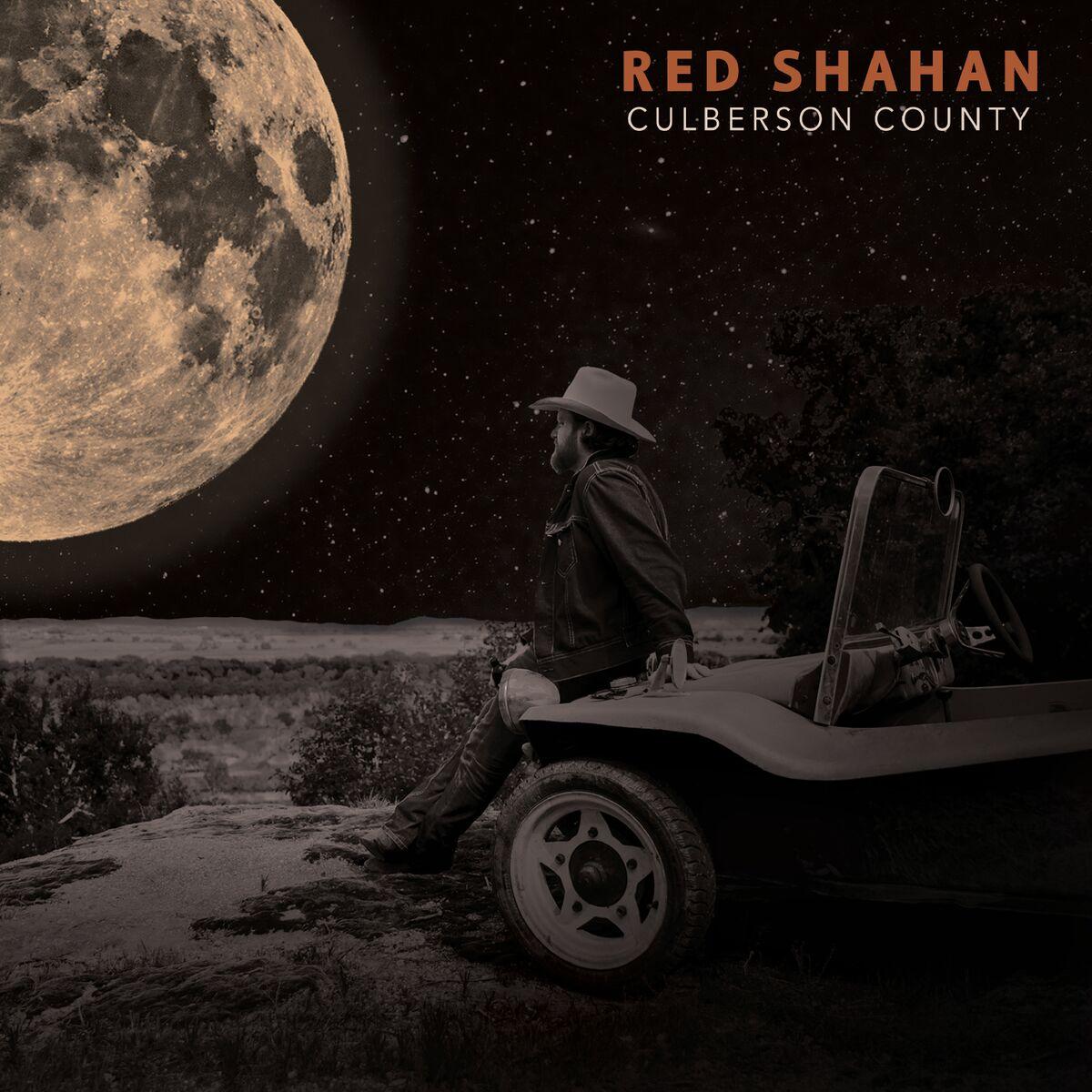In an interview ahead of Sarah Shook & the Disarmers’ new album, Shook had some interesting things to say about her preparation for this record. She says that she went back and listened to their first album, Sidelong, in an effort to see how she could improve.
It was good, she decided, but knew it could be better. She studied vocal technique so that she could hit notes more accurately while in the studio, changing the way she sings and how she controls her voice. And the difference is palpable. “Even just the control of my voice and the way I sing sounds completely different to me now…I really wanted to be singing my best.”
Indeed, I’d agree with the article that the difference between the two albums is tangible, but I’ll save my comments on that for my review of Years after its release tomorrow. However, the point here is that Sarah Shook recognized the importance of her vocal delivery, counting it just as significant as her songwriting and musicianship, even seeking to improve what she could. Anyone at all familiar with Sarah Shook & the Disarmers knows that hers isn’t a polished or even a pleasant vocal tone, but on this album, the songs seem to work in spite of that. It’s because she worked with what she had. A singer cannot change his or her tone, but other things can be improved, like pitch accuracy and breath control, and Shook understood that and treated her vocals like another necessary part of her craft.
This should be an obvious thing, but it’s something many artists in the independent scenes could take a lesson from, as well as something many critics/reviewers/etc don’t commentate on enough. With tone being something a vocalist has no control over, it’s easy to see why reviewers don’t address vocal issues often, but just like any other instrument, it can be improved. Vivian Leva doesn’t have to add the inflections in her voice that make some of her songs hard to listen to. Bonnie Montgomery’s album would have been better had she studied breath support techniques and given more power to her lyrics, many of which were lyrics that would have been delivered better with a punch. Jade Jackson released a record last year with engaging melodies, great songwriting, and varied instrumentation, and yes, her tone can be off-putting, but she could have gone a long way toward helping that by seeking to improve her pitch accuracy. Anyone who isn’t completely tone deaf can improve these skills. I could list a lot more examples, and indeed, I’ve wanted to write this post for a very long time, just as I wrote one about the lost art of melody writing by independent/Americana songwriters, but until now, I didn’t have an example of someone doing it right, a proof that greater attention to vocals can be felt from project to project. Sarah Shook’s hard work in preparation of this record is that proof, and artists should aspire to this.
As for the reason they’re not aspiring to it more often, I think it goes back to the backlash I talked about in the melody post, as countless reality shows hold up vocal ability as the pinnacle of great musicianship. There was a second-place finisher on American Idol several seasons before its finale that, when recording an original song for her final performance, couldn’t identify a D7 chord when she was asked to sing on it in the studio. This is very basic musical knowledge, and stuff like this is incredibly insulting to musicians and songwriters who make music their life’s work. Although singing is a great talent, it’s sometimes looked upon as somehow secondary in music, particularly when amazing vocalists win these shows and then go on to do nothing whatsoever afterword because they have no knowledge of the business, no experience as a musician, and nothing profound to say as an artist. Artistry is much more than outstanding vocal talent, and these shows are an excellent display of this. It’s understandable, then, that the reaction from the independent scenes is to glorify songwriting and musicianship and hold them up higher than vocal ability. After all, we’re living in the age of the song, and adequate vocals are fine as long as you have something important to say.
But the age of the song shouldn’t mean that we’re not also living in the age of the singer. Think how much more beautiful some of these songs would be if their singers expanded their ranges and thereby could write more interesting melodies. This is why the two issues are interconnected. It’s why Courtney Marie Andrews’ songs are especially poignant; yes, she writes beautifully, but it’s her soaring vocals and the way she handles dynamics and inflections that gives them extra life. “Took You Up” is already a fine song, but it’s excellent because of the way she sings the chorus, her voice soaring for the high notes of “ain’t got much, but we got each other,” and then carefully controlled and subdued for the final, “I took you up,” sustaining the note to create just the right amount of emotion. Emotive interpreting and vocal delivery are art forms just like songwriting and musicality, and they should be respected as such.
That’s what Sarah Shook has done here; she’s respected the art of singing. She’s understood that her tone might not be a conventional one to which people would normally gravitate, and she’s done her best to improve what she can. As a vocalist, that’s all you can do; you can’t change the tone and vocal quality God gave you, nor should singers wish to because that’s what makes them unique and distinctive and stand out among the crowd. But the voice is an instrument, and it can be perfected just like any other. Dynamics, breath support, pitch, range, all of these elements can be improved–and as for reviewers, if you can criticize a guitar for being out of tune or being drowned out in the mix, or say electronic drums don’t work on a certain song, then why should you hesitate to share your thoughts on and criticisms of this particular instrument as well?…but I digress. Singers should respect their instrument instead of treating it like some sort of secondary element, simply a vehicle to convey their words. Rather, it should be a vehicle to take their words and transform them into something even more powerful, and when vocalists care about it this way, the results shine regardless of the singer’s tone. Sarah Shook proves that, and many artists could take a lesson from the dedication she’s given to her craft.


